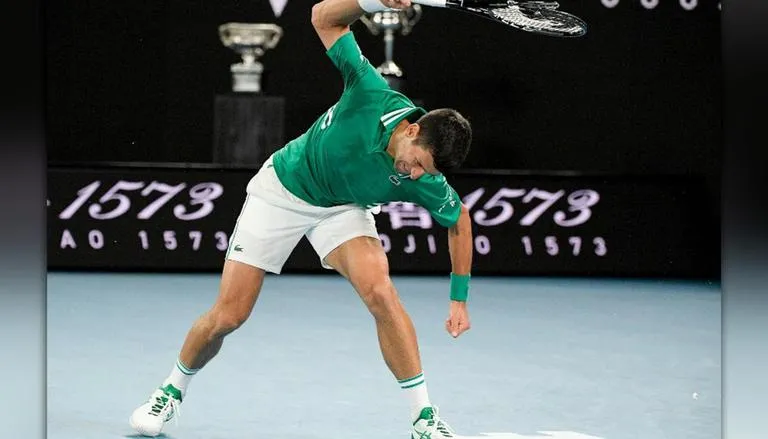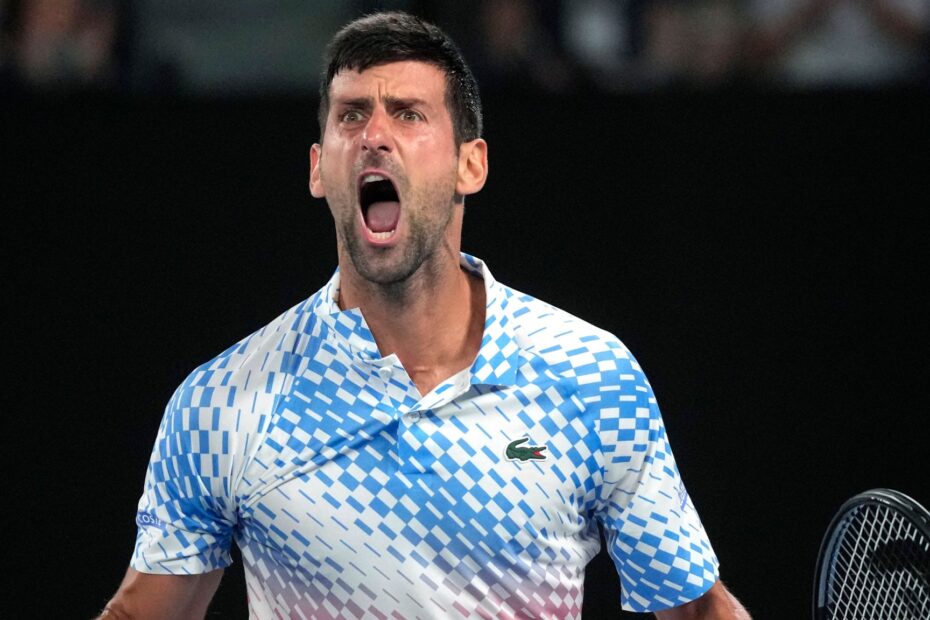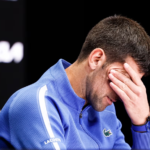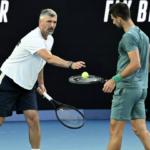How do sponsorships work in tennis?
Sponsorships are an important aspect of tennis, as they can provide financial support to players and enable them to participate in tournaments and improve their training and equipment. Here’s how sponsorships generally work in tennis:
Player’s Performance: A player’s success on the court is an important factor in attracting sponsorships. Players who perform well in tournaments and gain popularity among fans may attract more sponsorship opportunities.
Player’s Reach: The reach of a player is another important factor. Players with a large following on social media or a strong media presence may be more attractive to potential sponsors.
Sponsorship Agreements: Sponsorship agreements are contracts between the player and the sponsor. These agreements outline the terms of the sponsorship, including the financial compensation, duration of the agreement, and the responsibilities of both the player and the sponsor.
Sponsorship Benefits: In exchange for their financial support, sponsors may receive benefits such as visibility through the player’s clothing, equipment, and other items used on the court, as well as opportunities for branding and advertising.
Player’s Obligations: Players are usually required to fulfil certain obligations under the sponsorship agreement, such as wearing sponsor-branded clothing during tournaments, appearing in sponsor advertisements or promotions, and attending sponsor events.
Overall, sponsorships can be a mutually beneficial arrangement for both players and sponsors, as they can help players reach their goals and provide sponsors with valuable exposure and branding opportunities.
Djokovic earnings compared to his peers:
Novak Djokovic, one of the greatest tennis players of all time, has earned a significant amount of money from tennis over the course of his career. According to Forbes, Djokovic has earned over $155 million in prize money alone, making him one of the highest-earning players in the history of the sport.
However, it is true that Djokovic has earned less money from endorsements compared to some of his peers, such as Roger Federer and Rafael Nadal. There are several possible reasons for this:
Late start: Djokovic’s breakthrough on the ATP tour came in 2007 when he was already 20 years old, whereas Federer and Nadal were already winning Grand Slam titles when they were teenagers. This may have given Djokovic less time to establish himself as a marketable player early in his career.
Personality: Djokovic is known for being fiercely competitive and sometimes controversial on and off the court, which may not appeal to some potential sponsors.
Market size: Djokovic hails from Serbia, a relatively small country compared to the larger markets of Switzerland and Spain, where Federer and Nadal are from, respectively. This may make it more difficult for Djokovic to attract lucrative endorsement deals from global companies.
Other interests: Djokovic is known for being interested in a wide variety of activities, including philanthropy, meditation, and a plant-based diet. While these activities are important to Djokovic, they may not necessarily align with the interests of potential sponsors.
Despite earning less from endorsements, Djokovic has been very successful on the court, winning 20 Grand Slam titles and numerous other tournaments, and has established himself as one of the greatest players in tennis history.

Why is Djokovic not as popular?
There are several reasons why Novak Djokovic may not be as popular as some of his peers, such as Roger Federer and Rafael Nadal. Here are a few possible factors:
- Djokovic has been known for being highly competitive and sometimes controversial on and off the court, which may not appeal to some fans. He has also been criticized for his behaviour on the court, such as smashing rackets and arguing with umpires.
- Djokovic hails from Serbia, which may be a less well-known and less marketable country compared to the larger markets of Switzerland and Spain, where Federer and Nadal are from, respectively. This may make it harder for Djokovic to attract a wide fan base.
- Federer and Nadal have had a longstanding and highly publicized rivalry over the years, which has attracted a great deal of media attention and fan interest. Djokovic has also had some notable rivalries, but they may not have captured the same level of attention.
- Marketing and media exposure can also play a role in a player’s popularity. Federer and Nadal have had long-standing relationships with major brands and have been involved in high-profile ad campaigns, which can help raise their profile and increase their popularity. Djokovic has also had endorsement deals, but they may not have been as high-profile or widespread.
- Novak Djokovic has expressed some controversial opinions regarding vaccines in the past. In 2020, he stated that he was personally opposed to being forced to take a COVID-19 vaccine in order to travel and compete in tournaments, citing concerns over potential side effects and the concept of mandatory vaccination. However, he later clarified his stance by saying that he was not completely against vaccines in general but rather believed that individuals should have the right to choose whether or not to vaccinate themselves. Despite this, his comments were met with criticism from some in the public and tennis community, who argued that vaccines are a vital tool in the fight against the pandemic and that athletes have a responsibility to set an example and encourage their fans to follow public health guidelines.
Despite these factors, Djokovic remains a highly successful and accomplished player and has a dedicated fan base that appreciates his talent and competitive drive.






